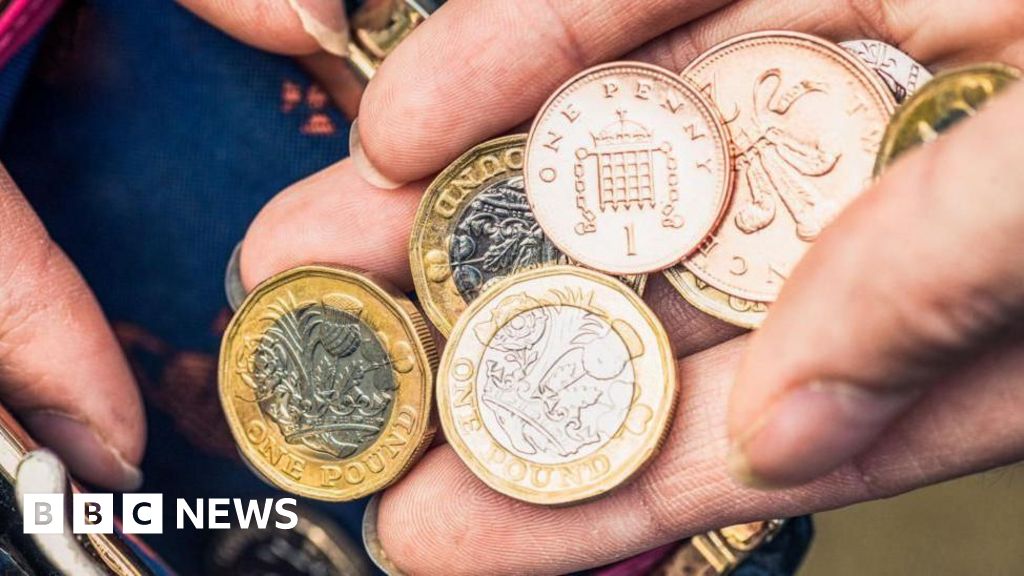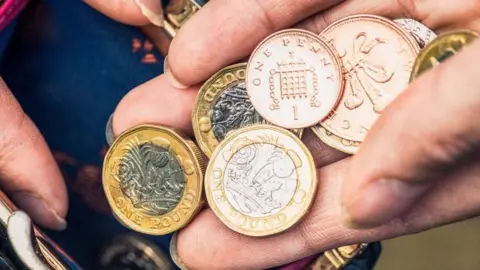Bu içerikte, perakendecilerin belirttiğine göre, nakit kullanımı on yıl boyunca düşüş gösterdikten sonra ikinci yıl artış gösterdi. İngiliz Perakendeciler Birliği (BRC) tarafından yapılan açıklamaya göre, geçen yıl notlar ve madeni paraların kullanımı işlemlerin beşte birinde gerçekleşti ve alışveriş yapanların nakit kullanmanın bütçelerini daha iyi kontrol etmelerine yardımcı olduğunu belirtildi. Ayrıca, geçen yıl satın alınan her ürün için harcanan miktar da bir önceki yıla göre hafifçe düşüş gösterdi. Nakit kabul etmeyi bırakan mekanlar nedeniyle çeşitli grupların temel hizmetlerden ve topluluk mekanlarından dışlandığını belirten hayır kurumları, kadınların saldırgan ilişkilerde bulunan partnerlerinin banka hesabını kontrol etmek veya hareketlerini takip etmek için kullandığını belirtti. Ayrıca, yaşlılar ve zihinsel sağlık sorunları olan kişilerin de nakit kullanmaktan daha rahat olduğunu ve sadece kartlar, bilgisayarlar veya telefonlarla işlem yapmak için dijital becerilere veya zihinsel yetilere sahip olmadığını belirtildi. Nakit kullanımında artış yaşayan gençlerin çoğunluğunun ise akıllı telefonlar veya saatler kullanarak ödeme yaptığı belirtiliyor. Ayrıca, yaşam maliyetinin artması nedeniyle günlük harcamalarını nakit olarak yapanların sayısının dört yılın en yüksek seviyesine ulaştığı belirtiliyor. Perakendeciler birliği, kart şirketleri tarafından alınan ücretler konusunda regülatörlerin etkili adımlar atmasını istiyor ve küçük işletmelerin bankaların şubelerini açık tutmasını veya onlara nakit yatırma imkanı sağlayacak uygun olanakları sunmasını talep ediyor. Nakit, debit kartlarından sonra en popüler ödeme yöntemi olmaya devam ediyor. Şehir düzenleyici otoritesi olan Finansal Davranış Otoritesi (FCA) tarafından, bankaların ve yapı kooperatiflerinin nakit erişim sağlamalarını zorunlu kılan daha sıkı kurallar açıklandı. Yeni kurallara göre, bankalar ve yapı kooperatifleri, şube kapanışlarını düşündüklerinde, nakit erişimindeki boşlukları bankacılık merkezleri, ATM’ler ve Posta Ofisi tesisleri gibi önlemlerle doldurmak zorunda kalacaklar.
[ad 1]
Kaynak: www.bbc.com








Yorumlar kapalı.